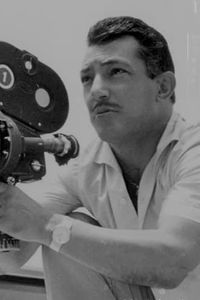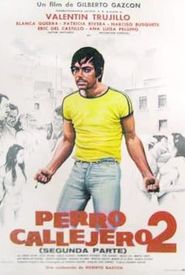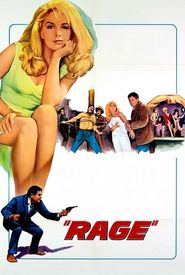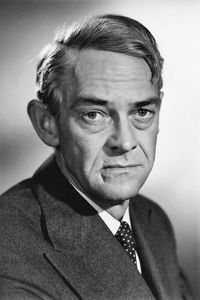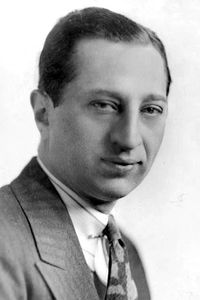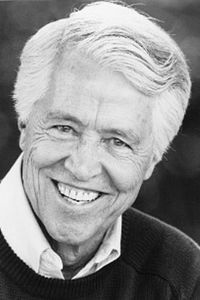Gilberto Gazcón de Anda was a renowned Mexican film director, screenwriter, and producer whose profound impact on the Mexican film industry continues to be felt to this day. Born on May 19, 1929, in the vibrant city of Mexico, he was the son of Valentín Gazcón, a prominent film producer and screenwriter, and the nephew of Raúl de Anda, trailblazing pioneers of Mexican sound cinema. This illustrious lineage had a profound influence on Gilberto's life and career, shaping his destiny as a filmmaker.
Gilberto's fascination with the realm of art commenced at a remarkably young age, with a profound inclination towards the captivating world of cinema. This innate curiosity ultimately led him to embark on a career as a child actor, laying the foundation for his future endeavors. As he matured, Gilberto's interests shifted towards the technical aspects of filmmaking, and he began to hone his skills as an assistant set designer. This hands-on experience not only deepened his understanding of the craft but also further fueled his passion for storytelling. Gilberto's creative inclinations soon compelled him to take the leap and write his own screenplays, a decision that ultimately led him to abandon his original career path in medicine and dedicate himself to the art of filmmaking.
Celestino Gorostiza's esteemed Cinematographic Academy was the chosen institution for this individual's formal education in the art of film adaptation, where they delved into the intricacies of acting, laying the groundwork for a future career in the cinematic world.
It wasn't long before they embarked on a creative journey, penning their first original screenplay for a film, which would ultimately become Fierecilla (1950),masterfully directed by the renowned Fernando Méndez.
This inaugural endeavor garnered widespread critical acclaim, with praise directed towards the narrative's complexity and the nuanced character development that brought the story to life.
Gilberto embarked on a remarkable cinematic journey, commencing with the direction of his inaugural feature film, The Boxer, in the year 1958. This milestone marked the beginning of a prolific career, during which he would go on to helm an impressive array of over thirty films, each one a testament to his unique vision and artistic prowess.
His impressive repertoire includes a diverse range of cinematic masterpieces, such as The Uprooted, released in 1959, a gripping tale that showcased his ability to craft compelling narratives. The Laughter of the City, a 1962 production, further demonstrated his capacity to balance humor and drama, resulting in a cinematic experience that continues to captivate audiences to this day.
Stray Dog, a 1980 release, and its sequel, Stray Dog II, which followed in 1981, served as a testament to Gilberto's ability to craft complex, thought-provoking stories that resonate with viewers. These films, along with many others, solidified his reputation as a masterful storyteller, capable of weaving intricate narratives that captivate and inspire.
However, it is his work on the neo-noir thriller Rage, released in 1966, that perhaps resonates most with English-speaking audiences. This gripping tale of suspense and intrigue, starring the talented Glenn Ford and Stella Stevens, showcased Gilberto's ability to craft a cinematic experience that is both captivating and emotionally resonant.
Gilberto, a pioneering figure in the Mexican film, radio, and television industry, played a pivotal role in the establishment of the Mexican Society of Film, Radio and Television Directors and Producers in 1963, an organization that would go on to shape the country's cinematic landscape.
Throughout his illustrious career, Gilberto held the esteemed position of honorary president of the society from 1982 until his passing, a testament to his enduring influence and dedication to the art of filmmaking.
Sadly, Gilberto's life was cut short on May 11, 2013, when he succumbed to pulmonary complications brought on by an embolism at the age of 83, leaving behind a legacy that continues to inspire and influence generations of filmmakers to come.
Juan Antonio de la Riva, esteemed leader of the Mexican Academy of Cinematographic Arts and Sciences, bestowed upon Gilberto a heartfelt tribute, acknowledging him as "a great man" who consistently endeavored to push the boundaries of his craft as a writer and director. Throughout his illustrious career, Gilberto relentlessly pursued the pursuit of quality cinema, a dedication that was aptly reflected in the majority of his films.
